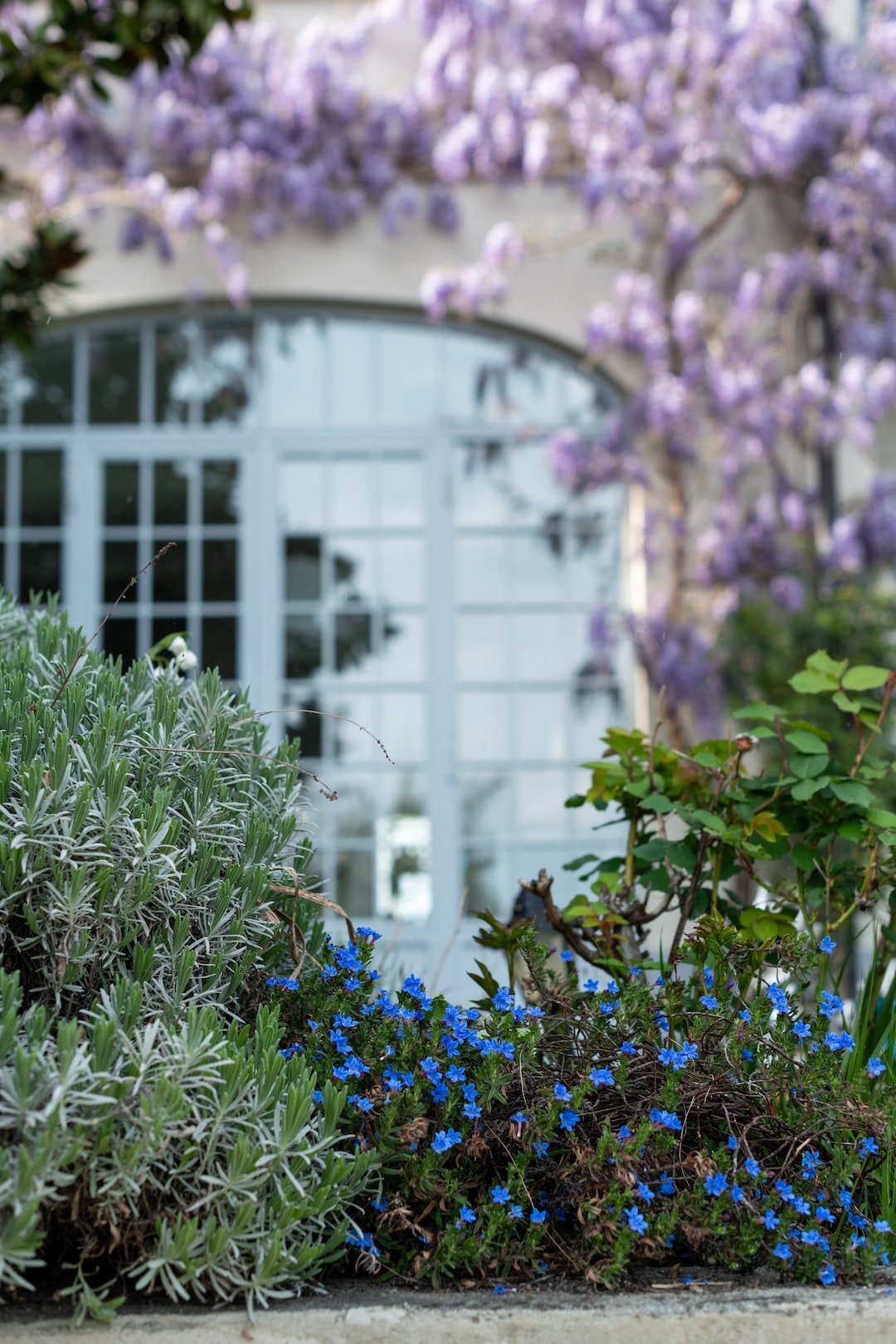The Benefits of Adding Mulch to Your Garden
If you are an avid gardener or just starting out, you may have heard about the benefits of adding mulch to your garden. Mulch is a layer of organic or inorganic material that is spread over the surface of the soil. It serves many purposes and can greatly enhance the health of your garden. In this article, we will explore the various benefits of adding mulch to your garden.
1. Retains Moisture: One of the most important benefits of mulching is that it helps to retain moisture in the soil. Mulch acts as a barrier, preventing water from evaporating too quickly and keeping the soil consistently moist. This is particularly beneficial during hot summer months or in dry climates where water may be scarce. With mulch, you can reduce the frequency of watering and provide your plants with a consistent water supply.
2. Controls Weeds: Anyone who has ever had a garden knows how quickly weeds can take over and compete with your plants for nutrients. Mulch helps to suppress the growth of weeds by blocking sunlight and preventing weed seeds from germinating. This saves you time and effort, as you won’t have to spend as much time weeding your garden. Additionally, fewer weeds mean less competition for nutrients, allowing your plants to thrive.
3. Improves Soil Fertility: As the mulch breaks down over time, it adds organic matter to the soil, improving its fertility. This organic matter not only provides essential nutrients for plants, but it also improves the soil structure, making it easier for roots to penetrate and absorb nutrients. Mulch also encourages the activity of beneficial soil organisms, such as earthworms, which help to break down organic matter further and create nutrient-rich soil.
4. Regulates Soil Temperature: Mulch acts as an insulating layer, helping to regulate soil temperature throughout the year. In the summer, it keeps the soil cool by shading it from the sun and reducing evaporation. In winter, it provides insulation and protects the roots of your plants from frost damage. This temperature regulation creates an ideal environment for both the plants and the beneficial microorganisms in the soil.
5. Prevents Soil Erosion: Exposed soil is prone to erosion from wind and rainfall. Mulching helps to prevent soil erosion by creating a protective layer that keeps the soil in place. This is particularly important on slopes or in areas with heavy rainfall, where erosion can be a serious problem. By adding mulch to your garden, you can preserve the integrity of your soil and prevent nutrient loss.
6. Enhances Aesthetics: Apart from its practical benefits, mulch also enhances the overall aesthetics of your garden. With a variety of types and colors available, you can choose mulch that complements your plants and adds visual interest to your garden. Mulched beds also give a neat and tidy appearance, making your garden look well-maintained.
In conclusion, the benefits of adding mulch to your garden are numerous. From retaining moisture and controlling weeds to improving soil fertility and regulating temperature, mulch plays a vital role in creating a healthy and thriving garden. Consider incorporating mulch into your gardening routine and reap the rewards of a more beautiful and productive garden. So grab some mulch and start reaping the benefits!

